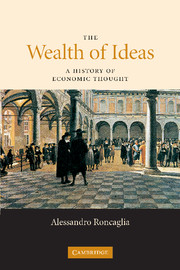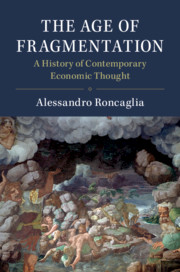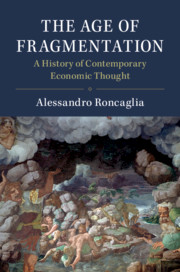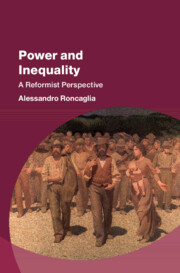The Wealth of Ideas
The Wealth of Ideas, first published in 2005, traces the history of economic thought, from its prehistory (the Bible, Classical antiquity) to the present day. In this eloquently written, scientifically rigorous and well documented book, chapters on William Petty, Adam Smith, David Ricardo, Karl Marx, William Stanley Jevons, Carl Menger, Léon Walras, Alfred Marshall, John Maynard Keynes, Joseph Schumpeter and Piero Sraffa alternate with chapters on other important figures and on debates of the period. Economic thought is seen as developing between two opposite poles: a subjective one, based on the ideas of scarcity and utility, and an objective one based on the notions of physical costs and surplus. Professor Roncaglia focuses on the different views of the economy and society and on their evolution over time and critically evaluates the foundations of the scarcity-utility approach in comparison with the Classical/Keynesian approach.
- A comprehensive, up-to-date history of economic thought
- An original contribution to the debate on the foundations of economics
- An important step forward for the Classical/post-Keynesian approach to economics
Reviews & endorsements
"This is an impressive, wide-ranging and useful volume." Business History Review Geoffrey M. Hodgson, University of Hertfordshire
Product details
December 2007Adobe eBook Reader
9780511345715
0 pages
0kg
This ISBN is for an eBook version which is distributed on our behalf by a third party.
Table of Contents
- Preface
- 1. The history of economic thought and its role
- 2. The prehistory of political economy
- 3. William Petty and the origins of political economy
- 4. From body politic to economic tables
- 5. Adam Smith
- 6. Economic science at the time of the French revolution
- 7. David Ricardo
- 8. The 'Ricardians' and the decline of Ricardianism
- 9. Karl Marx
- 10. The marginalist revolution: the subjective theory of value
- 11. The Austrian school and its neighbourhood
- 12. General economic equilibrium
- 13. Alfred Marshall
- 14. John Maynard Keynes
- 15. Joseph Schumpeter
- 16. Piero Sraffa
- 17. The age of fragmentation
- 18. Where are we going? Some (very tentative) considerations
- References
- Index.










